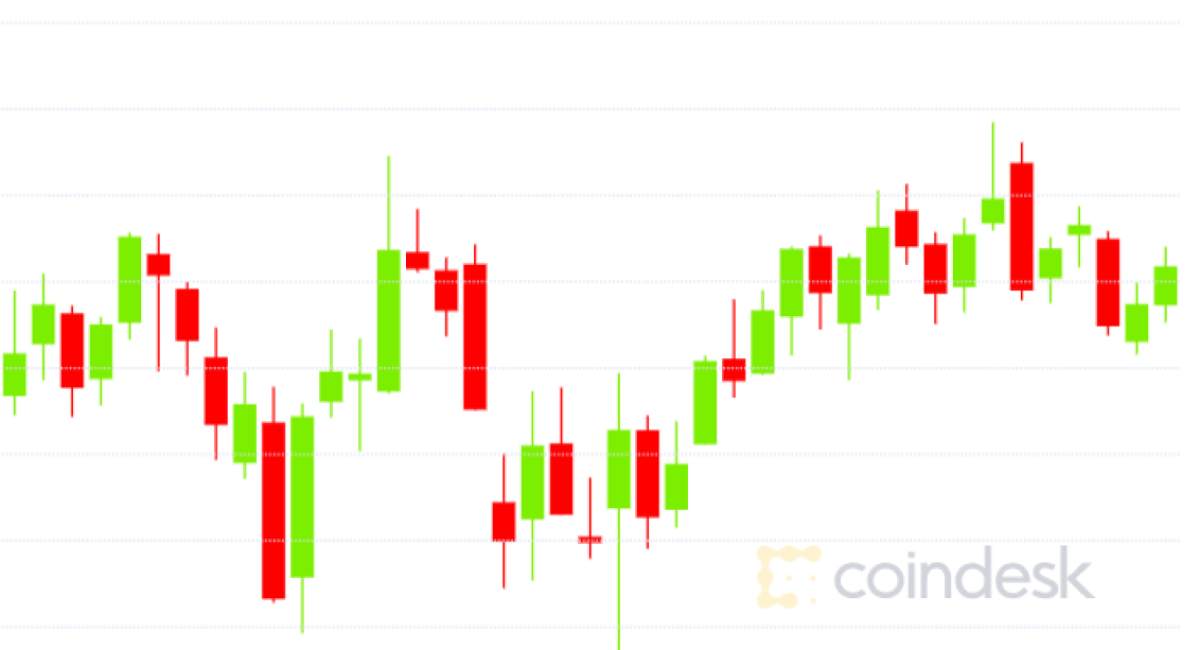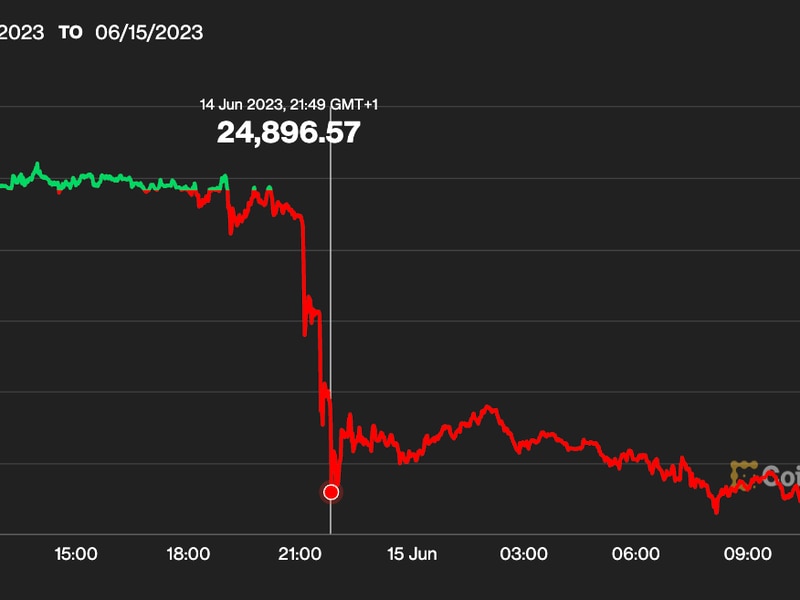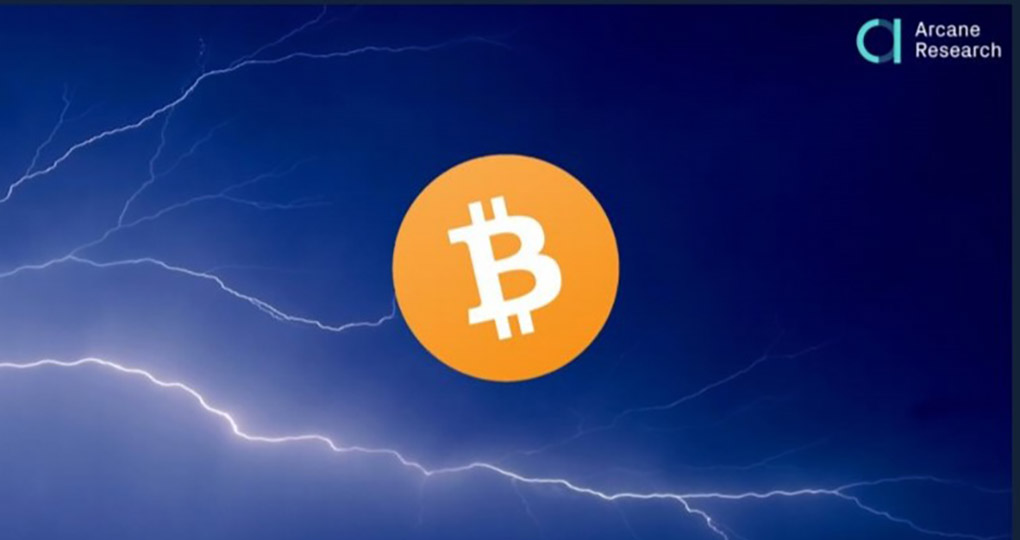Crypto Exchanges Saw Inflows of 30K Bitcoin Prior to Grayscale’s SEC Victory
Bitcoin (BTC) chalked out a vigorous rally on Tuesday after a U.S. court ruled that the Securities and Exchange Commission (SEC) was wrong in denying crypto asset manager Grayscale’s request to convert its bitcoin trust into an exchange-traded fund (ETF), asserting that the decision was “arbitrary and capricious.”
Ahead of the pivotal ruling nearly 30,000 BTC, worth $822 million at the going market rate of $27,400, were moved to addresses tied to centralized exchanges, according to data tracked by analytics firm Santiment. The ruling led to a 6% surge in bitcoin prices pushing the top cryptocurrency to $28,000.
Perhaps some traders anticipated the price boost and prepared for the same in advance by moving coins to exchanges. Investors typically move coins to exchanges when they are intending to liquidate holdings or deploy their coins as margin for derivative trading. Hence, an uptick in exchange inflows is often seen as a harbinger of price turbulence.
“The exchange supply of bitcoin was boosted significantly just prior to Grayscale’s win over the SEC. It looks quite clear that the powers that be knew of the inevitable boost in crypto market capitalization as a result of this outcome,” Santiment tweeted, echoing onchain analyst Ali Martinez’s comment.
Addresses-based onchain metrics are subject to labeling issues. Hence, drawing definite conclusions from the same is challenging.
:format(jpg)/cloudfront-us-east-1.images.arcpublishing.com/coindesk/BVKXSPIAPVAOTOCHKYFFQ44HQY.jpeg)
Mean inflows and outflows surge
Data tracked by South Korea-based CryptoQuant shows the mean inflow or amount of BTC transferred to exchanges per transaction rose to 1.146, the highest since June 21, as prices rallied to $28,000.
:format(jpg)/cloudfront-us-east-1.images.arcpublishing.com/coindesk/WKIZCUDMEJHDDO5S2XAOWXXTDM.png)
An uptick in the mean inflow indicates investors are sending a large number of coins in a transaction, a hint of potential selling pressure.
However, that’s not necessarily the case this time, as mean outflows also jumped to two-month highs and the net balance held on exchanges, especially those offering spot trading, declined.
“Reserves held on U.S.-based spot exchanges continue to decrease while reserves on offshore exchanges, offering derivatives trading continue to increase. It’s a sign derivatives and offshore exchanges drive the current price action,” CryptoQuant said in a Telegram message.
Edited by Parikshit Mishra.









